Earn a certificate & get recognized
Introduction to PostgreSQL
Elevate your database proficiency! Enrol now in our free PostgreSQL course for a comprehensive learning experience and certification.
Instructor:
Pragya PIntroduction to PostgreSQL
2.1K+ learners enrolled so far
Stand out with an industry-recognized certificate
10,000+ certificates claimed, get yours today!
Get noticed by top recruiters
Share on professional channels
Globally recognised
Land your dream job

Skills you will gain
Database
PostgreSQL
Installation of PostgreSQL
SQL Shell
pgAdmin
Aggregate functions
Basic commands in PostgreSQL
+2 More
Key Highlights
Get free course content
Master in-demand skills & tools
Test your skills with quizzes
About this course
Embark on a comprehensive learning journey with our free course, 'Introduction to PostgreSQL.' This course is designed to equip you with a solid foundation in PostgreSQL, covering key aspects such as an in-depth introduction, exploration of its powerful features, step-by-step installation guidance, and hands-on practice with PostgreSQL create commands and essential clauses.
Immerse yourself in the world of databases and gain practical skills that will set you on the path to becoming a proficient PostgreSQL user. Join us to unlock the full potential of PostgreSQL and enhance your database expertise with practical, interactive learning experiences.
Course outline
Introduction to PostgreSQL
This module provides an overview of the fundamental concepts and importance of Database and PostgreSQL. This module provides a foundational understanding of PostgreSQL, a powerful open-source relational database management system.
Features of PostgreSQL
This module provides a comprehensive understanding of PostgreSQL's extensibility, indexing, and data handling capabilities.
Installation of PostgreSQL
This module provides step-by-step guidance on installing PostgreSQL on various platforms, enabling learners to set up a functional PostgreSQL database environment with ease.
PostgreSQL Create Commands Hands-on
This hands-on module immerses participants in the practical application of PostgreSQL's CREATE commands, allowing them to proficiently create databases, tables, schemas, and various objects within a PostgreSQL environment.
PostgreSQL Clauses Hands-on
This hands-on module offers practical experience in using essential PostgreSQL clauses such as SELECT, WHERE, JOIN, and GROUP BY, empowering participants to master data retrieval, filtering, and aggregation in PostgreSQL databases.
Get access to the complete curriculum once you enroll in the course
Stand out with an industry-recognized certificate
10,000+ certificates claimed, get yours today!
Get noticed by top recruiters
Share on professional channels
Globally recognised
Land your dream job

Introduction to PostgreSQL

1.5 Hours
Beginner
2.1K+ learners enrolled so far
Get free course content
Master in-demand skills & tools
Test your skills with quizzes
Learner reviews of the Free Courses

4.0
5.0
What our learners enjoyed the most
Easy to Follow
60% of learners found the course easy to follow
Our course instructor

Pragya P
IT & Software Expert
Frequently Asked Questions
Will I receive a certificate upon completing this free course?
Is this course free?
Is there any limit on how many times I can take this free course?
No. There is no limit. Once you enrol in the Free Introduction to PostgreSQL course, you have lifetime access to it. So, you can log in anytime and learn it for free online.
How much does this Introduction to PostgreSQL course cost?
It is an entirely free course from Great Learning Academy.
Will I get a certificate after completing this Free Introduction to PostgreSQL course?
Yes, you will get a certificate of completion after completing all the modules and cracking the assessment.
Will I have lifetime access to the free course?
Yes, once you enrol in the course, you will have lifetime access to any of the Great Learning Academy’s free courses. You can log in and learn whenever you want to.
How long does it take to complete this Free Introduction to PostgreSQL course?
It is a 1.0 hour long course, but it is self-paced. Once you enrol, you can take your own time to complete the course.
Is the course suitable for both beginners and experienced professionals?
Yes, the course caters to a broad audience. Whether you're new to databases or looking to enhance your PostgreSQL skills, you'll find valuable content tailored to your level.
Become a Skilled Professional with Pro Courses
Gain work-ready skills with guided projects, top faculty and AI tools, all at an affordable price.

View Course

Included with Pro+ Subscription


View Course

Included with Pro+ Subscription
.jpg)
View Course

Included with Pro+ Subscription


View Course

Included with Pro+ Subscription
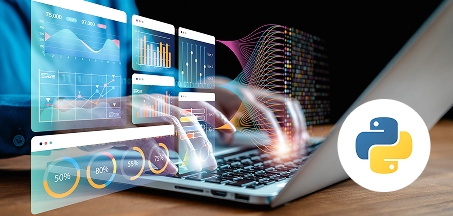
View Course

Included with Pro+ Subscription

View Course

Included with Pro+ Subscription
 (1).jpg)
View Course

Included with Pro+ Subscription
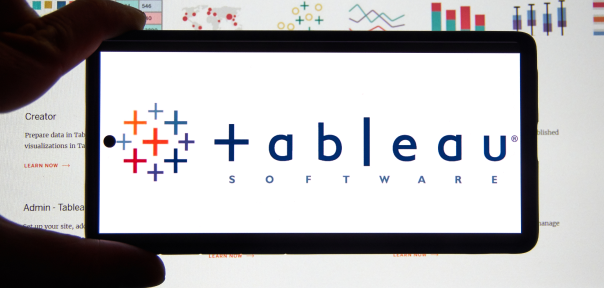
View Course

Included with Pro+ Subscription


View Course

Included with Pro+ Subscription


View Course

Included with Pro+ Subscription
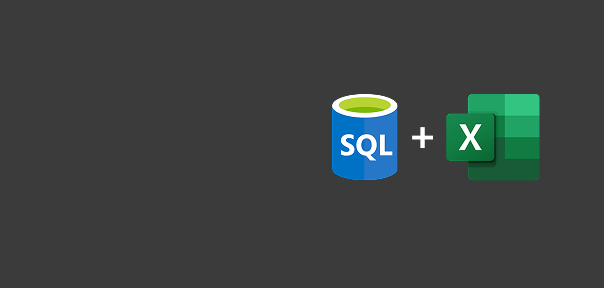

View Course

Included with Pro+ Subscription


View Course

Included with Pro+ Subscription


View Course

Included with Pro+ Subscription
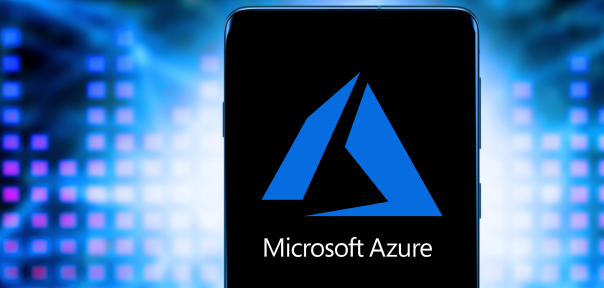

.jpg)
View Course

Included with Pro+ Subscription
.png)
View Course

Included with Pro+ Subscription
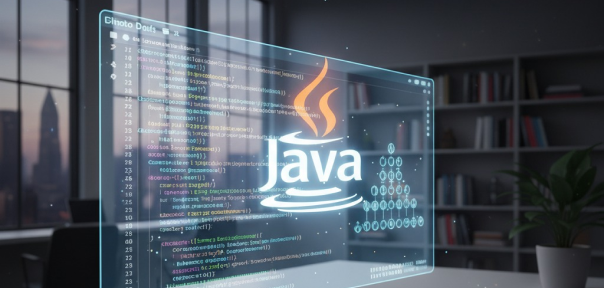
View Course

Included with Pro+ Subscription

View Course

Included with Pro+ Subscription
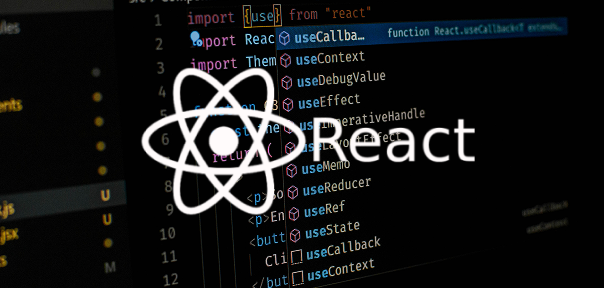
View Course

Included with Pro+ Subscription
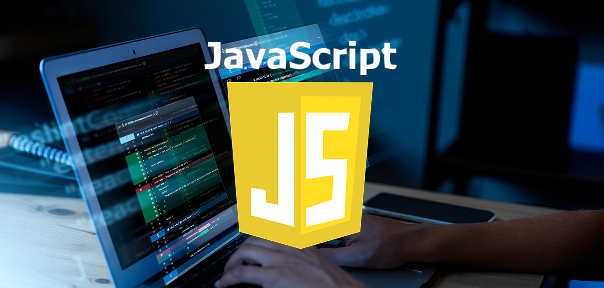
View Course

Included with Pro+ Subscription

View Course

Included with Pro+ Subscription
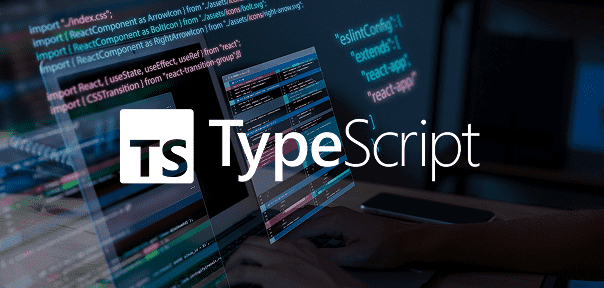
View Course

Included with Pro+ Subscription
.png)
View Course

Included with Pro+ Subscription


View Course

Included with Pro+ Subscription

View Course

Included with Pro+ Subscription

View Course

Included with Pro+ Subscription
.png)
View Course

Included with Pro+ Subscription

View Course

Included with Pro+ Subscription

View Course

Included with Pro+ Subscription

View Course

Included with Pro+ Subscription

View Course

Included with Pro+ Subscription

View Course

Included with Pro+ Subscription
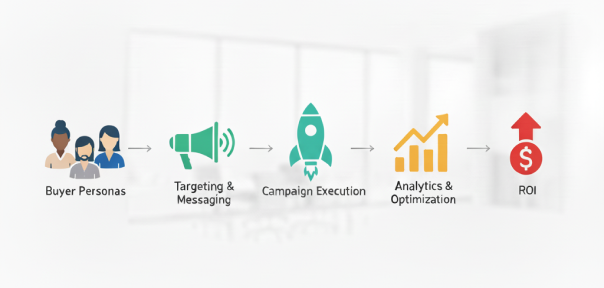
View Course

Included with Pro+ Subscription
.jpg)
View Course

Included with Pro+ Subscription
.jpg)
View Course

Included with Pro+ Subscription
.jpeg)
View Course

Included with Pro+ Subscription
.jpg)
View Course

Included with Pro+ Subscription
.png)
View Course

Included with Pro+ Subscription


View Course

Included with Pro+ Subscription
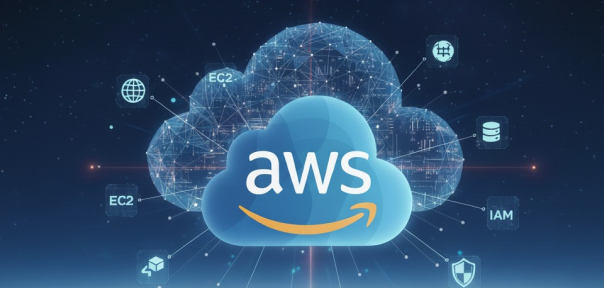

View Course

Included with Pro+ Subscription


View Course

Included with Pro+ Subscription
.png)
View Course

Included with Pro+ Subscription
.jpg)

.jpg)

.png)

View Course

Included with Pro+ Subscription
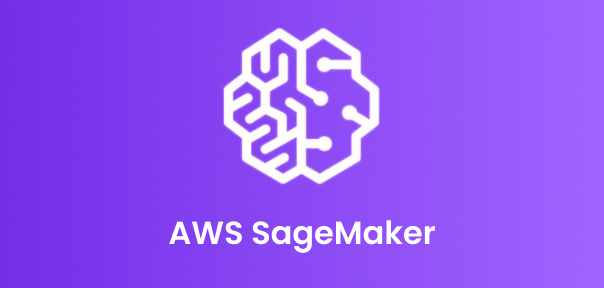

View Course

Included with Pro+ Subscription
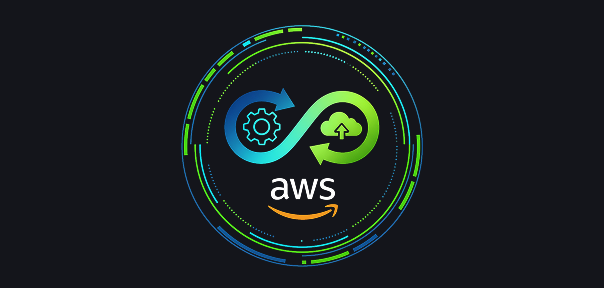
View Course

Included with Pro+ Subscription

View Course

Included with Pro+ Subscription

View Course

Included with Pro+ Subscription
.png)
View Course

Included with Pro+ Subscription
.png)
View Course

Included with Pro+ Subscription
.png)
View Course

Included with Pro+ Subscription

View Course

Included with Pro+ Subscription
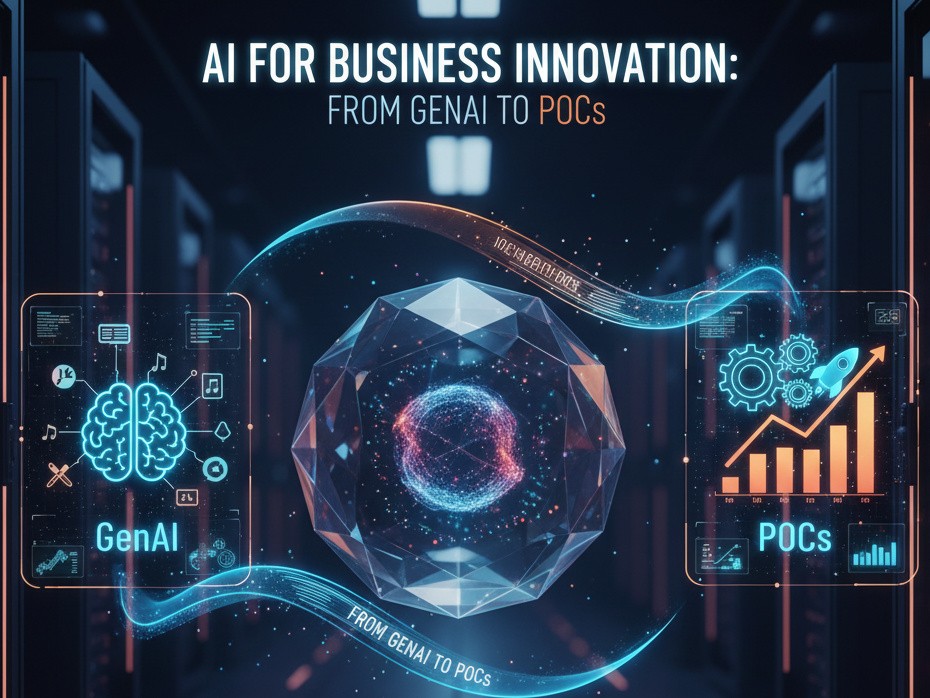
View Course

Included with Pro+ Subscription

View Course

Included with Pro+ Subscription
.jpg)
View Course

Included with Pro+ Subscription

View Course

Included with Pro+ Subscription


View Course

Included with Pro+ Subscription


Popular

View Course

Included with Pro+ Subscription


View Course

Included with Pro+ Subscription
.jpg)
View Course

Included with Pro+ Subscription


View Course

Included with Pro+ Subscription

View Course

Included with Pro+ Subscription

View Course

Included with Pro+ Subscription
 (1).jpg)
View Course

Included with Pro+ Subscription

View Course

Included with Pro+ Subscription
Microsoft Courses


View Course

Included with Pro+ Subscription


View Course

Included with Pro+ Subscription


View Course

Included with Pro+ Subscription


View Course

Included with Pro+ Subscription


View Course

Included with Pro+ Subscription


IT & Software
.jpg)
View Course

Included with Pro+ Subscription
.png)
View Course

Included with Pro+ Subscription

View Course

Included with Pro+ Subscription

View Course

Included with Pro+ Subscription

View Course

Included with Pro+ Subscription

View Course

Included with Pro+ Subscription

View Course

Included with Pro+ Subscription

View Course

Included with Pro+ Subscription
.png)
View Course

Included with Pro+ Subscription
.png)
View Course

Included with Pro+ Subscription
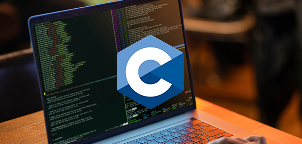
View Course

Included with Pro+ Subscription
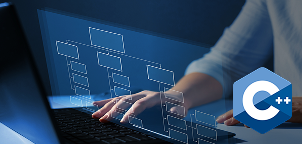
View Course

Included with Pro+ Subscription

View Course

Included with Pro+ Subscription

View Course

Included with Pro+ Subscription

View Course

Included with Pro+ Subscription


View Course

Included with Pro+ Subscription

View Course

Included with Pro+ Subscription

View Course

Included with Pro+ Subscription


View Course

Included with Pro+ Subscription


View Course

Included with Pro+ Subscription
 (1).png)
View Course

Included with Pro+ Subscription
Data Science & ML


View Course

Included with Pro+ Subscription

View Course

Included with Pro+ Subscription

View Course

Included with Pro+ Subscription
.png)
View Course

Included with Pro+ Subscription

View Course

Included with Pro+ Subscription

View Course

Included with Pro+ Subscription
Management

View Course

Included with Pro+ Subscription

View Course

Included with Pro+ Subscription

View Course

Included with Pro+ Subscription

View Course

Included with Pro+ Subscription
.jpg)
View Course

Included with Pro+ Subscription
.jpg)
View Course

Included with Pro+ Subscription
.jpeg)
View Course

Included with Pro+ Subscription
.jpg)
View Course

Included with Pro+ Subscription
.png)
View Course

Included with Pro+ Subscription
.png)
View Course

Included with Pro+ Subscription
.png)
View Course

Included with Pro+ Subscription
.png)
View Course

Included with Pro+ Subscription

View Course

Included with Pro+ Subscription
.png)
View Course

Included with Pro+ Subscription
 (1).jpg)
View Course

Included with Pro+ Subscription
.png)
View Course

Included with Pro+ Subscription
Cloud Computing


View Course

Included with Pro+ Subscription


View Course

Included with Pro+ Subscription


View Course

Included with Pro+ Subscription
.png)
View Course

Included with Pro+ Subscription
.jpg)

.jpg)

.png)

View Course

Included with Pro+ Subscription


View Course

Included with Pro+ Subscription

View Course

Included with Pro+ Subscription
.png)



.png)

View Course

Included with Pro+ Subscription



Cyber Security

View Course

Included with Pro+ Subscription

View Course

Included with Pro+ Subscription
.png)
View Course

Included with Pro+ Subscription
.png)
View Course

Included with Pro+ Subscription
.png)
View Course

Included with Pro+ Subscription
AI & Generative AI

View Course

Included with Pro+ Subscription

View Course

Included with Pro+ Subscription

View Course

Included with Pro+ Subscription
.jpg)
View Course

Included with Pro+ Subscription

View Course

Included with Pro+ Subscription


View Course

Included with Pro+ Subscription


Subscribe to Academy Pro+ & get exclusive features
$25/month
No credit card required

Learn from 40+ Pro courses
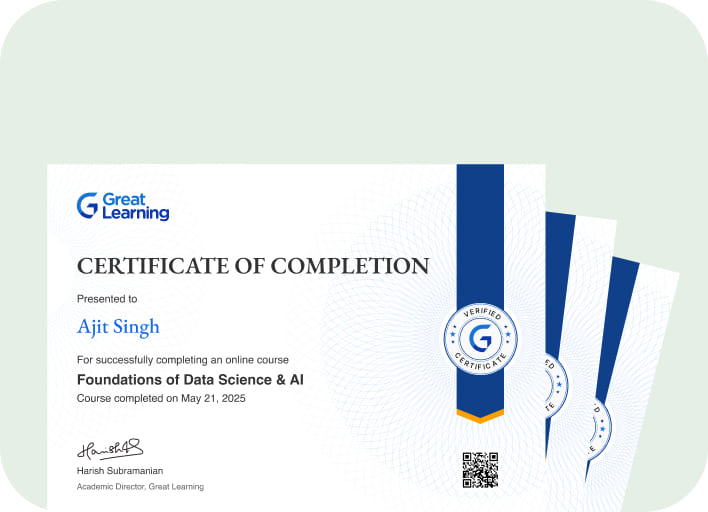
Access 500+ certificates for free
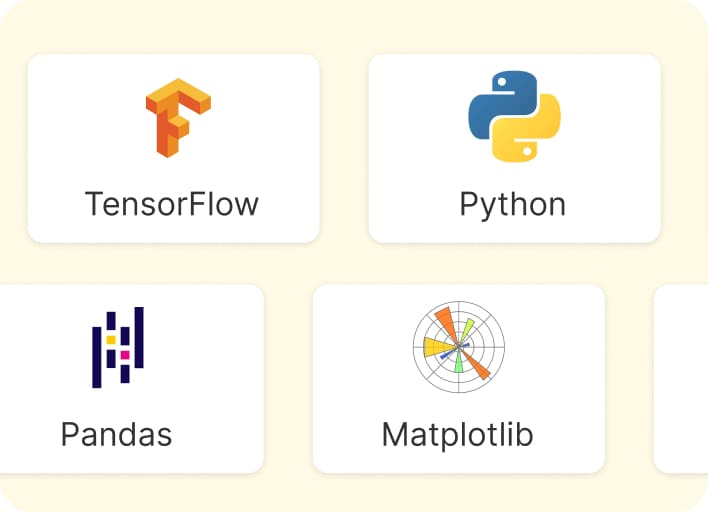
700+ Practice exercises & guided projects
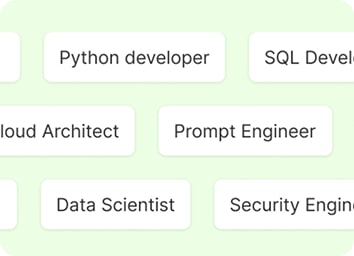
Prep with AI mock interviews & resume builder
Recommended Free Software courses





Similar courses you might like




Relevant Career Paths >
Introduction to PostgreSQL
PostgreSQL, often referred to as Postgres, stands as a robust, open-source relational database management system (RDBMS) renowned for its extensibility, robustness, and adherence to SQL standards. With origins tracing back to the University of California, Berkeley, in the mid-1980s, PostgreSQL has evolved into a powerful and versatile database system.
Architecture and Features:
PostgreSQL's architecture is designed for reliability and performance. It utilizes a multi-process and multi-threaded approach, allowing concurrent access to the database. One of its standout features is support for complex data types, including arrays, hstore (a key-value store), JSON, and more. This flexibility makes it suitable for diverse applications ranging from small projects to large enterprise solutions.
SQL Compliance and Standards:
PostgreSQL adheres closely to SQL standards, making it compatible with a wide array of applications and tools that support relational databases. Its commitment to standards ensures that developers experience consistency and portability when working with PostgreSQL, mitigating issues related to vendor lock-in.
Extensibility:
PostgreSQL's extensibility is a key factor in its popularity. The system allows users to define their data types, operators, functions, and even languages, providing a level of customization not always found in other database systems. This extensibility fosters a vibrant ecosystem of extensions and plugins developed by the community to enhance PostgreSQL's capabilities.
Concurrency Control:
PostgreSQL employs a Multi-Version Concurrency Control (MVCC) system, which allows multiple transactions to occur simultaneously without conflicts. This ensures data integrity and consistency even in high-transaction environments. Each transaction sees a snapshot of the database, preventing interference between concurrent transactions.
Community and Open Source Philosophy:
At the core of PostgreSQL's success is its active and dedicated community. The PostgreSQL Global Development Group oversees its development, and contributors from around the world continuously enhance its features, security, and performance. The open-source philosophy encourages collaboration and transparency, fostering a robust ecosystem that benefits users globally.
Security Measures:
Security is a top priority for PostgreSQL. It provides a comprehensive set of features to secure data, including SSL support for encrypted communication, authentication mechanisms, and fine-grained access controls. These measures make PostgreSQL a trusted choice for applications that handle sensitive information.
Replication and High Availability:
PostgreSQL offers built-in replication capabilities to ensure high availability and data redundancy. Streaming replication, logical replication, and other mechanisms enable the creation of standby servers for failover and load balancing, making it suitable for mission-critical applications.
Tools and Ecosystem:
A rich ecosystem of tools complements PostgreSQL, catering to various needs of developers and database administrators. pgAdmin, for instance, serves as a comprehensive administration and management platform. Additionally, various ORMs (Object-Relational Mapping) like SQLAlchemy and Django ORM seamlessly integrate with PostgreSQL, simplifying database interactions for developers.
Global Adoption and Use Cases:
PostgreSQL has gained widespread adoption across industries. It powers applications ranging from content management systems and e-commerce platforms to geospatial databases and scientific research. Its versatility makes it suitable for startups and large enterprises alike, contributing to its status as a reliable workhorse in the database world.
Future Developments:
The PostgreSQL community remains active in advancing the system. Ongoing developments focus on performance improvements, scalability enhancements, and the integration of emerging technologies. The commitment to innovation ensures that PostgreSQL continues to meet the evolving demands of modern applications.
In conclusion, PostgreSQL's journey from its academic roots to becoming a stalwart in the database landscape exemplifies the power of open-source collaboration. Its architecture, adherence to standards, extensibility, and strong security measures position it as a preferred choice for developers and enterprises seeking a reliable, feature-rich, and scalable relational database management system. As PostgreSQL celebrates its strengths and community-driven ethos, its future seems poised for even greater contributions to the realm of data management.






